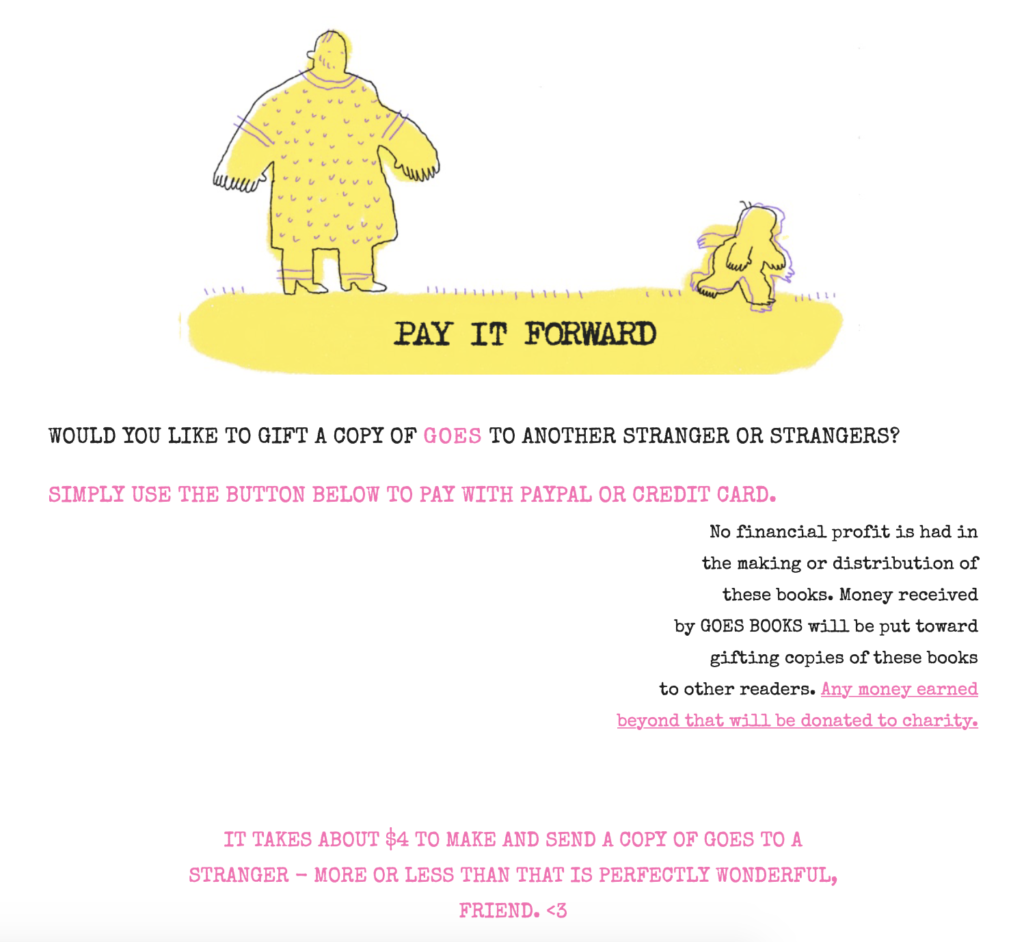I’m an inveterate thrower of clothes on the ground at the end of a long day. Always have been. If I’ve gotten sweaty or messy enough to huck them straight into the hamper, great, I can do that. But the truth is I usually wear things more than once before putting them in the wash, and so I throw them on the ground instead.
All days have felt like long days lately. This means I find myself wading through more and more mess as the weeks drag on, until I have to dig myself out over the weekend and return to some form of sanity.
Living in Portland it used to be easier. Or rather, I had a lot more floor space to fill up before things became untenable. But now I’ve moved my expansive Portland life back into to my childhood bedroom and there is very little wiggle room in either floor space or desk space. Things devolve from “slightly untidy” to “Death Star Trash Compactor” in very short order.
A couple weeks ago, when I found myself preparing to cast yet another t-shirt onto the ground in the desperate rush to get flat, I stopped. For no apparent reason, I thought about how putting the shirt away would be a kindness to Future Lucy. A gift.
I found myself thinking: “I want to care for this person.”
I wonder if this has something to do with becoming a caregiver for my dad. So many nights I find myself exhausted and ready to be unconscious, but I rally to do physical therapy with him, or make his smoothie for the following morning, because I love him and want him to be healthy and cared for, and also because he isn’t able to do those things for himself.
There’s a certain amount of distance I need in order to extend compassion to myself. Future Lucy isn’t here. She’s hanging around tomorrow morning, readying herself to face the day. I want to make it easier for her.
So I’ve started putting shirts away—although not without a certain degree of attitude. Usually I am muttering to myself, but I’m muttering about how this is a gift, and that it’s one I want to give because I love the version of me who’ll show up and do all of this all over again tomorrow.
It works.
